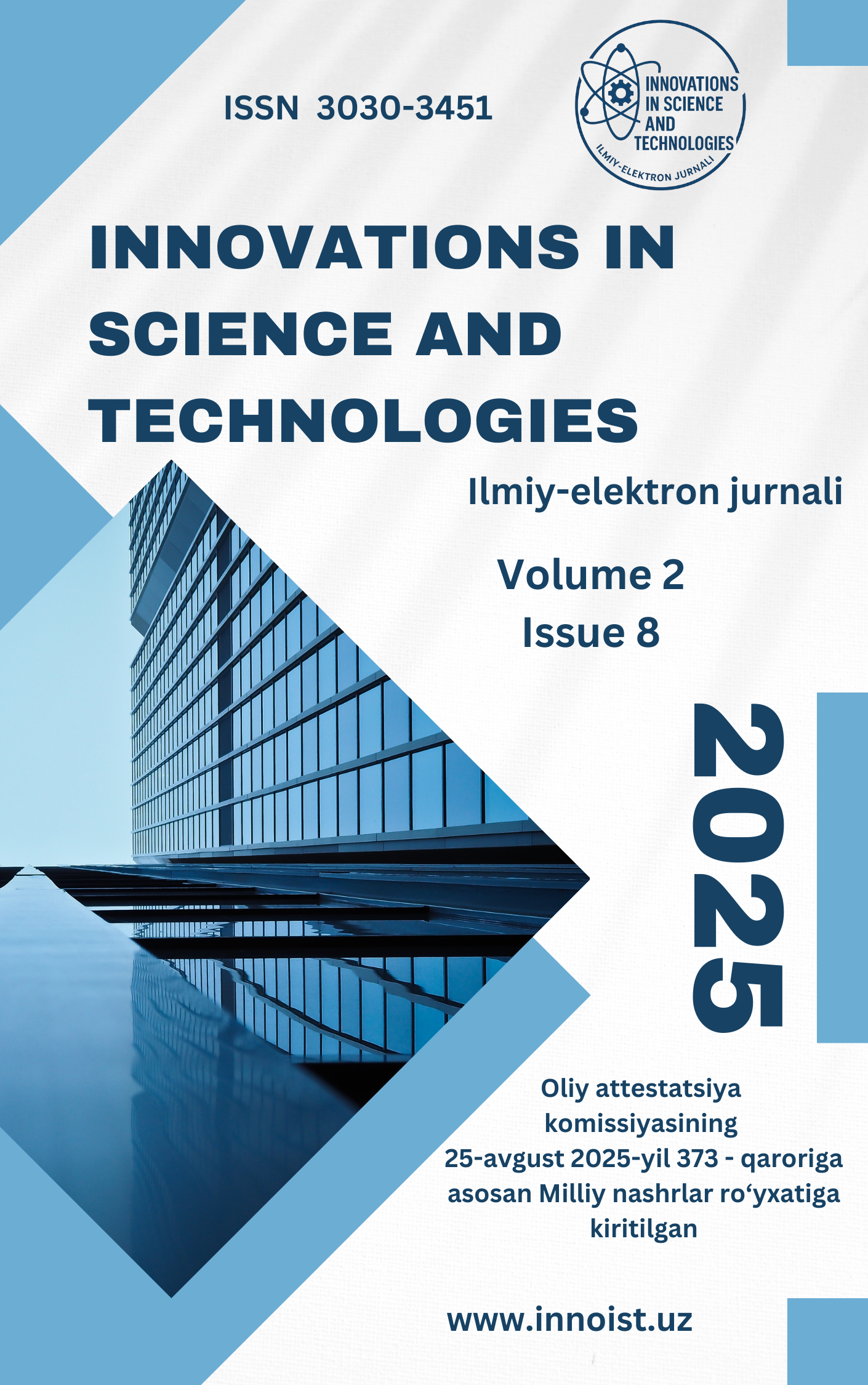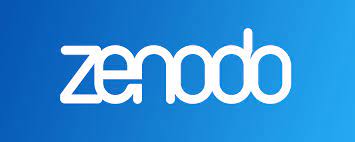EMERGING TECHNOLOGIES AND DIGITAL TRADE IN INDIA– UZBEKISTAN ECONOMIC RELATIONS
{$ Etel}:
Digital trade, Emerging technologies, India–Uzbekistan, Fintech, Blockchain, Artificial Intelligence, E-commerceAbstrak
This study explores the transformative role of emerging technologies in shaping India–Uzbekistan economic relations. It examines how artificial intelligence (AI), blockchain, fintech, and e-commerce platforms are redefining trade patterns and investment opportunities between the two countries. While India has become a global leader in digital payments and ITenabled services, Uzbekistan is undergoing rapid digitalization under its Digital Uzbekistan 2030 strategy. Drawing on secondary data from UNCTAD, OECD, APEC, and World Bank, as well as policy reports and industry surveys, this paper evaluates comparative digital readiness, payment integration, e-commerce ecosystems, and digital trade facilitation tools. Findings suggest that India’s technological strengths complement Uzbekistan’s reform-driven ambitions, though regulatory, infrastructural, and skill-related challenges persist. Recommendations include creating a bilateral digital corridor, expanding interoperable payment systems, supporting SMEs via e-commerce linkages, and piloting blockchain-enabled customs platforms.
##plugins.themes.default.displayStats.downloads##
Bibliografik havolalar
[1] DataReportal (2023). Digital 2023: Uzbekistan. https://datareportal.com/reports/digital-2023-uzbekistan (Accessed: 10 July 2025).
[2] UNCTAD (2022). Digital Economy Report 2022. Geneva: United Nations Conference on Trade and Development. https://unctad.org/publication/digitaleconomy-report-2022 (Accessed: 14 August 2025).
[3] OECD (2023). Digital Skills for Private Sector Competitiveness in Uzbekistan. Paris: OECD Publishing. https://www.oecd.org (Accessed: 14 August 2025).
[4] UNCTAD (2025). World Investment Report 2025. Geneva: United Nations Conference on Trade and Development. https://unctad.org/system/files/officialdocument/wir2025_en.pdf (Accessed: 14 August 2025).
[5] UNDP Uzbekistan (2025). Digital Economy of Uzbekistan. Tashkent: United Nations Development Programme. https://www.undp.org/uzbekistan/publications (Accessed: 5 August 2025).
[6] WTO (2023). World Trade Report 2023: Re-globalization for a Secure, Inclusive and Sustainable Future. Geneva: World Trade Organization. https://www.wto.org (Accessed: 10 August 2025).
[7] APEC (2025). Modernizing Customs: Tackling Trade Bottlenecks and Digital Pressures. Singapore: Asia-Pacific Economic Cooperation.
https://www.apec.org/press/news-releases/2025/modernizing-customs--tackling-trade-bottlenecks-and-digital-pressures (Accessed: 20 June 2025).
[8] DataReportal (2024). Digital 2024: Uzbekistan. https://datareportal.com/reports/digital-2024-uzbekistan (Accessed: 14 August 2025).
[9] World Bank (2024). World Development Indicators. Washington DC: World Bank. https://databank.worldbank.org (Accessed: 14 August 2025).
[10] Wikipedia contributors (2025). IT Park Uzbekistan. https://en.wikipedia.org/wiki/IT_Park_Uzbekistan (Accessed: 14 August 2025).
[11] IMF (2024). World Economic Outlook 2024. Washington DC: International Monetary Fund. https://www.imf.org (Accessed: 14 August 2025).
[12] Government of India (2023). ONDC Annual Report. New Delhi: Ministry of Commerce and Industry. https://ondc.org (Accessed: 14 August 2025).
Yuklamoq
Nashr qilingan
Nashr
Bo'lim
Guvohnoma
" Litsenziyasi "HRTPS://creseekommons.org/licenseommons.org/licens.org/licens.org/licens.org/licens.org/LICS/4.0/"> Litsenziyalarni litsenziyalash "litsenziyalari Axtibatish "(" Attributi ") 4.0 World
.License Terms of our Journal











